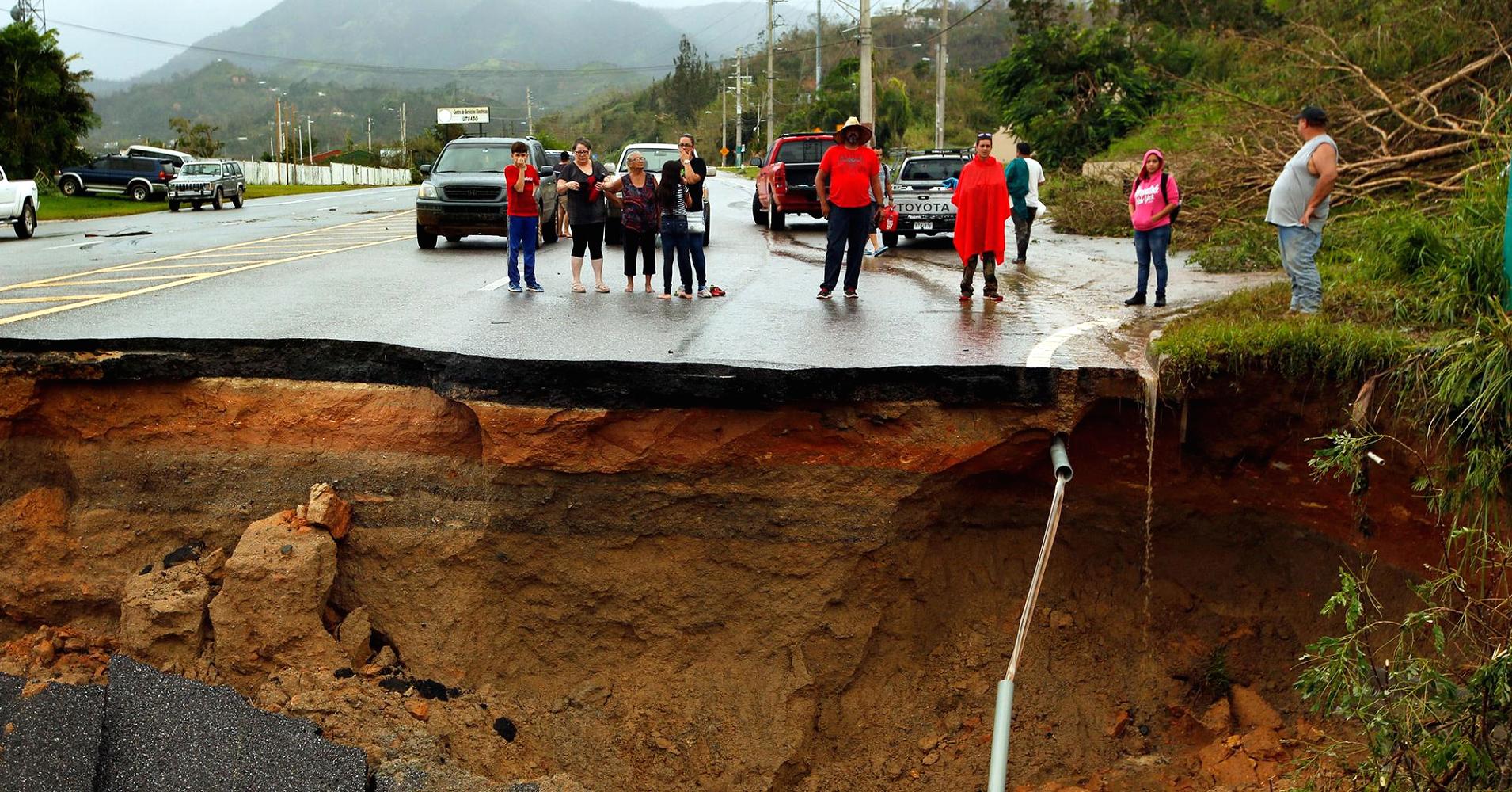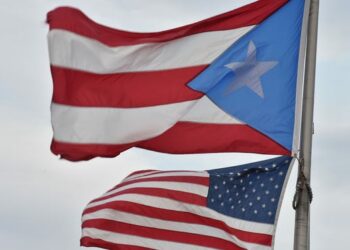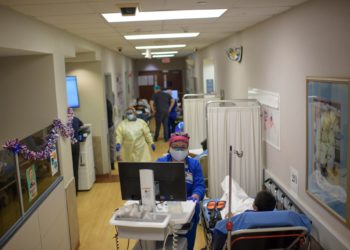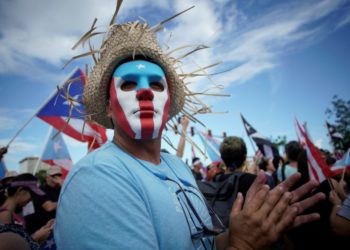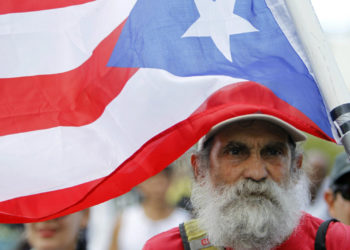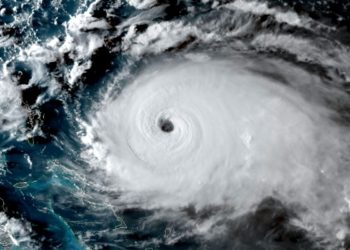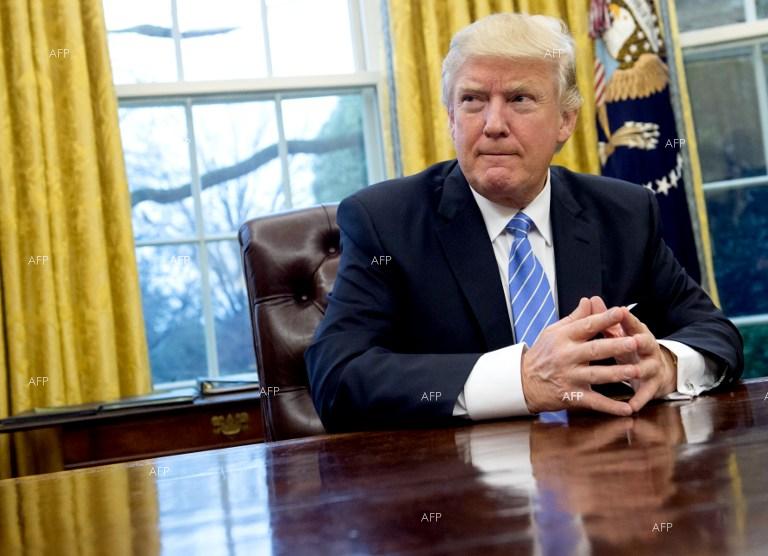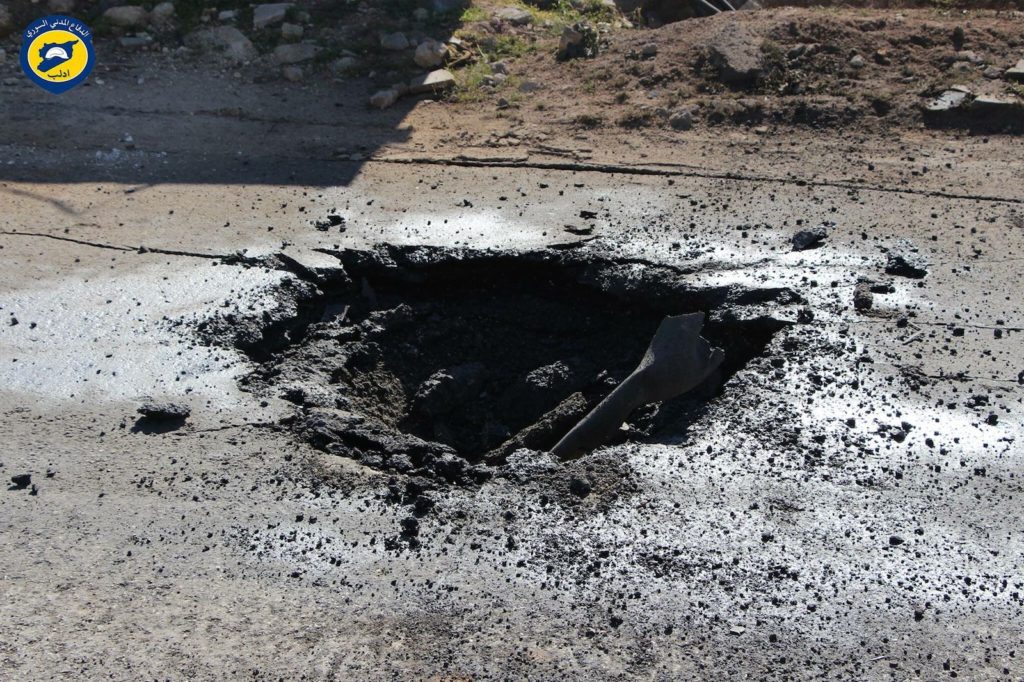SALINAS, Puerto Rico — On September 20, 2017, a potent Category 4 hurricane ripped through Puerto Rico, causing devastation in all areas of the U.S. archipelago and affecting the lives of 3.5 million American citizens who reside there.
At least 16 people lost their lives, but it is feared that many others are not receiving adequate medical care and that the loss of life may increase because hospitals cannot operate due to a lack of electric power and fuel to run emergency generators. The entire electric generation, transmission, and distribution system is down. Poles and cables were blown away or knocked down by massive amounts of uprooted trees.
The tropical foliage has given way to a landscape resembling a bombed terrain. The lack of electric power hinders potable water supply and sewage treatment. Roads and streets are blocked by trees, vegetation, remnants of the electric distribution system, and wooden debris from house roofs that were torn off by Hurricane Maria. Many communities have come together to clear the streets and roads; however, efforts have been hampered by the lack of fuel to power chain saws and other equipment.
Inexplicably, the help that was promised from the U.S. has been slow in coming. Food supplies are decreasing, fuel is hard to come by, people suffering from illnesses are not getting treatment in what is a humanitarian crisis in the making. The Puerto Rican government estimates that electric power will take months to be operational again.
It is obvious that Puerto Rico must transform its electric generation, transmission, and distribution system into a more resilient, storm-resistant grid that takes into account island geography and local resources. Abundant sunlight and rooftop solar PV systems should be the basis of Puerto Rico’s new grid. Puerto Rico’s dependence on imported fossil fuels has proven to be a real obstacle in recovering from the devastation of Hurricane Maria.
Another major obstacle is the Jones Act. U.S. agencies control Puerto Rico’s waters, ports, and commercial trade partners because of this colonial policy from WWI. Lifting this strangling policy for ten days is insufficient. Instead, the Jones Act should be repealed immediately. The federal government has not responded to the devastation in Puerto Rico in the way that was anticipated prior to Hurricane Maria. Navy ships supposedly had been dispatched prior to the Hurricane, to reach Puerto Rico immediately after the storm. That did not happen, and nearly two weeks after the Hurricane, the USS Comfort, with specialized medical facilities, has not arrived.
The Commander-in-Chief, President Donald J. Trump, initially promised aid and support but later made dubious and disparaging statements indicating total disregard for the lives, safety, and public health of 3.5 million U.S. citizens who live in Puerto Rico. The Governor of Puerto Rico, Ricardo Rosselló, has pointed to the unequal treatment of Puerto Rico, compared to other jurisdictions that have recently been struck by similar catastrophes.
The Governor, a pro-statehood supporter, attributes this inequality to the territory’s colonial status with no representation in Congress. He also points out that Puerto Ricans have served in the U.S. military since they were made U.S. citizens in 1917.
Puerto Rico has served as a military bastion for the U.S. since 1898, when it was taken over by the U.S. and converted into a satellite economy according to U.S. needs, first as the sugar monoculture enclave and later as a source for “free” natural resources and cheap labor for U.S. manufacturing plants.
Even with the flight of industry to jurisdictions with cheaper labor, Puerto Rico still produces a substantial part of the pharmaceutical products consumed in the U.S. There is a growing GMO agro-industry presence, and tourism and retail business in Puerto Rico greatly benefit U.S. corporations.
Puerto Rico’s tax exemption policies have greatly benefited these U.S. corporations and have contributed to the island’s fiscal and economic crisis, leaving it ill-equipped to overcome the devastation it currently faces. Most recently, the installment of a fiscal control board, as a result of PROMESA, threatens the well-being and survival of local community members with devastating austerity measures that target public services.
The federal government must do its part to get Puerto Rico on its feet. Many experts indicate that the federal government should set up a Marshall Plan for Puerto Rico, similar to what the U.S. implemented in Europe. The reconstruction should be based on Puerto Rico’s reality and potential, including support for decentralized rooftop solar communities, energy demand management and efficiency, microgrids, and other alternatives to large central station fossil fuel generation that sits precariously on the island’s coasts.
Most importantly, Puerto Rico’s sustainability requires truly democratic community-led participation in its reconstruction. Energy generation is the centerpiece of the PR economy. The $3-4 billion dollars of expenditures on fossil fuel generation every year drains Puerto Rico’s economy. Our current crisis makes clear that community-based solar energy development is essential. Our lives depend on it.
*****
This op-ed was hand-written by the author due to technical difficulties in Puerto Rico and transcribed by Catalina de Onís, Assistant Professor of Civic Communication and Media at Willamette University.
Disclaimer: The views and opinions expressed here are those of the author and do not necessarily reflect the editorial position of The Globe Post.

